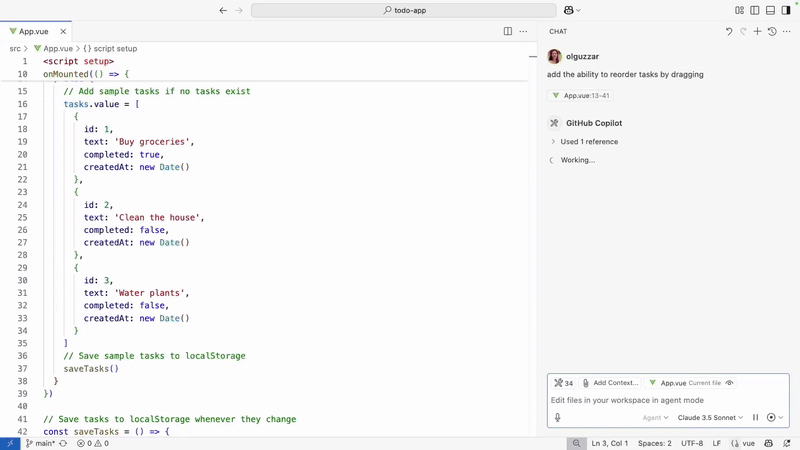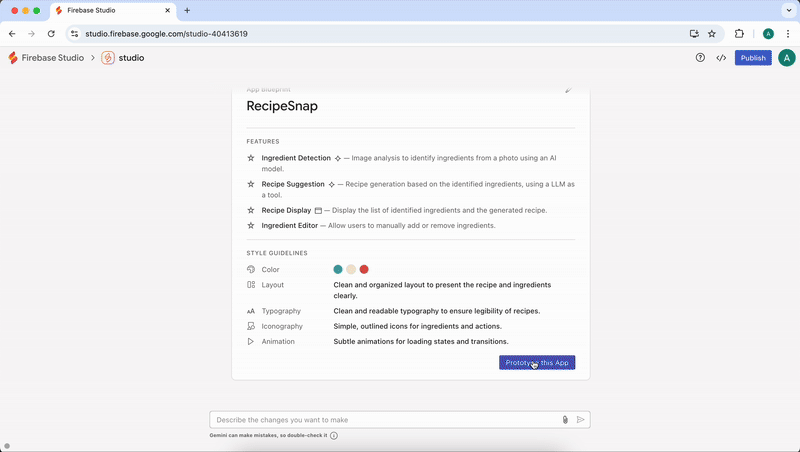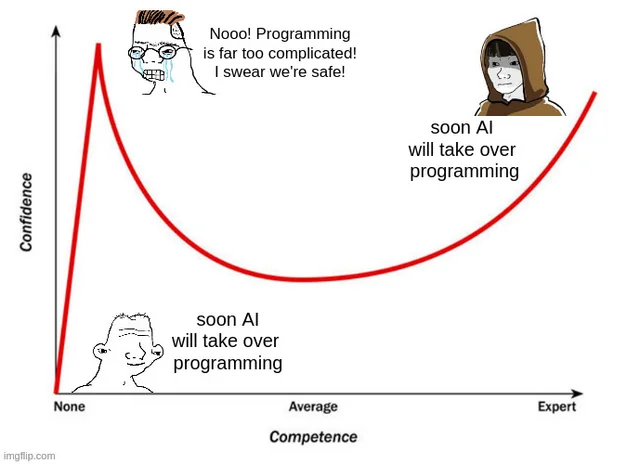The news hit hard.
Microsoft, a tech titan, just announced substantial layoffs. For programmers everywhere, this feels like a punch to the gut.
It confirms a deep-seated fear. The rise of artificial intelligence in coding has been a topic of much debate. Could AI eventually replace human developers? This news makes that possibility feel a whole lot closer.
Thousands are now jobless. Highly skilled software engineers, the very backbone of the digital world, are suddenly without work. It’s a stark reminder of the volatile nature of the tech industry, even for giants like Microsoft.
Why is this happening? Officially, it’s about “organizational changes” and streamlining. But let’s be real, the elephant in the room is AI. Microsoft’s own CEO has touted the significant role AI now plays in their code generation.
Think about it. AI can churn out code at an astonishing pace. It can automate repetitive tasks that once required human hands and brains. This efficiency, while good for the bottom line, has a human cost.

It’s not just about writing basic code. AI is becoming increasingly sophisticated. It can understand complex requirements, generate solutions, and even debug code with impressive accuracy. This encroaches on territory once considered exclusively human.
What does this mean for the future? For junior developers, the path ahead might look even more challenging. The entry-level tasks they often cut their teeth on could be increasingly automated.
Even seasoned professionals aren’t immune. The need for sheer numbers of coders might diminish as AI takes on more of the workload. The focus could shift towards managing AI systems and tackling uniquely complex, creative problems that still require human ingenuity.
This isn’t to say that human programmers will become obsolete overnight. But the landscape is undeniably changing, and these layoffs feel like a significant marker in that shift.
It forces us to ask tough questions. What new skills do developers need to cultivate? How do we adapt to a world where AI is a significant coding partner, or even a competitor?

Maybe the focus will shift towards higher-level design and architecture. Perhaps the ability to collaborate effectively with AI will become a crucial skill. Or maybe entirely new roles we can’t even imagine yet will emerge.
The anxiety is palpable. The implications of this news ripple outwards, affecting not just those laid off but the entire programming community.
This isn’t just about job losses; it’s about identity. For many, coding isn’t just a job; it’s a passion, a craft. The idea that a machine could potentially diminish the need for that craft is unsettling.
Microsoft’s move sends a clear signal. AI in coding is not just a futuristic concept; it’s a present reality with tangible consequences for the workforce.
So, what now? Programmers may need to be proactive. They may need to embrace lifelong learning, adapt to new tools, and focus on the uniquely human aspects of our work – creativity, critical thinking, and complex problem-solving.
This might be a nightmare scenario for some, but perhaps it’s also a catalyst. A catalyst for innovation, for upskilling, and for redefining what it means to be a programmer in the age of intelligent machines. The future is uncertain, but one thing is clear: the world of coding will never be the same.
